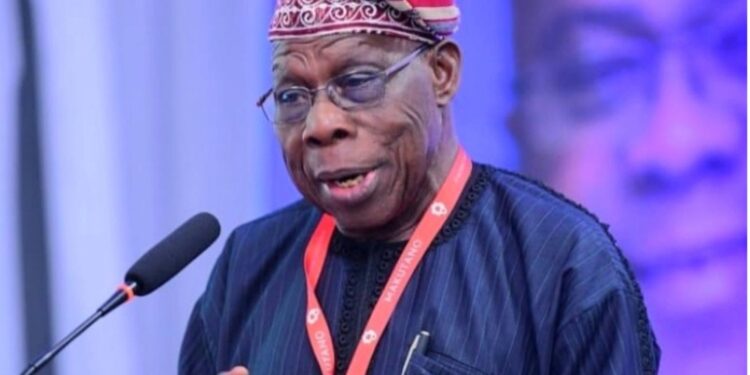Obasanjo, who served as Nigeria’s democratically elected president from 1999 to 2007, did not mince words about the state of the nation’s leadership. “Many people in government today, both in the executive and legislative branches, should be behind bars for their past criminal activities,” he stated. The ex-military leader further argued that it is impossible to expect fair judgment from individuals guilty of theft and corruption, likening them to thieves.
During the lecture, titled “The Imperative for Moral Rectitude in Governance,” Obasanjo reflected on his early experiences in politics, where he was taken aback by the corruption he witnessed. “One of the first shocks I encountered was the level of dishonesty among election officials, which was treated as normal. The second was the brazen criminal behavior that was tolerated without consequence,” he shared.
He recounted an incident where a politician blatantly lied, and when confronted, simply dismissed it as “politics.” This, according to Obasanjo, revealed a troubling acceptance of dishonesty in the political arena. “Every misdeed is excused as politics, implying that politics has no place for morality, principles, or ethics,” he lamented.
The former president stressed the need for transformational leadership in Nigeria, one grounded in truth, integrity, and inclusiveness. “We need leaders who focus on transformation, not transactions; truth over lies; honesty over deceit; integrity over disintegration,” he declared.
The memorial lecture was organized by the Old Boys’ Association of St. Finbarr’s College to honor Denis Slattery, an Irish missionary who founded the school in 1956 and significantly contributed to Nigeria’s educational and sports development. Slattery, a former chairman of the Nigerian Football Association and co-founder of the Nigerian Union of Journalists, passed away in 2003 and was awarded the Order of the Niger by Obasanjo in 2001.
























